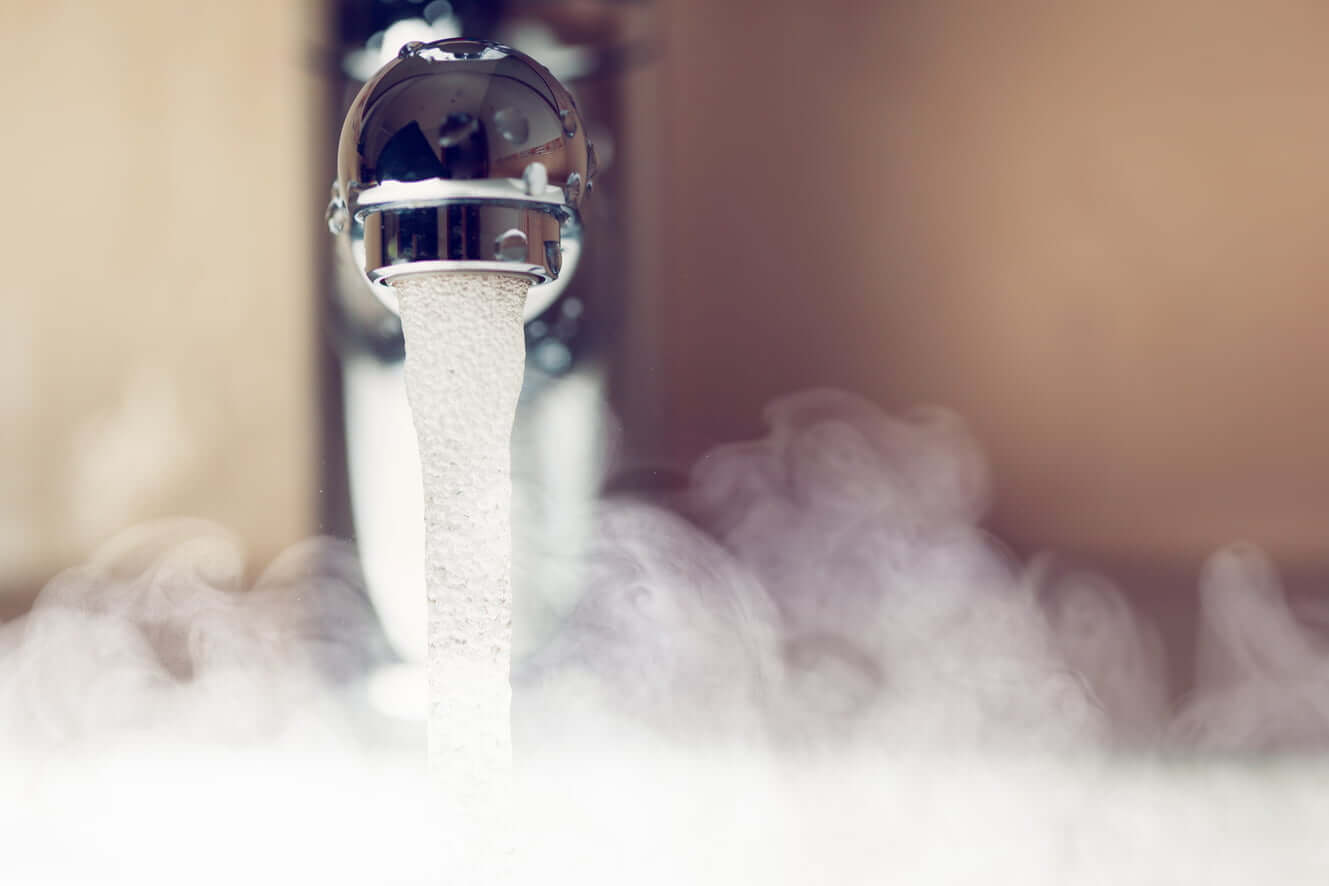Can Water Softeners Help Eczema?
Research has proved what all of us here at Harvey™ have known for years; that when it comes to alleviating chronic skin conditions such as eczema, softened water can make all the difference.

Research has proved what all of us here at Harvey™ have known for years; that when it comes to alleviating chronic skin conditions such as eczema, softened water can make all the difference.

Eczema, or Atopic Eczema, is the name for a group of similar skin conditions which cause irritated and flaky skin. The skin may be itchy and it may cause patches of dry skin across your body. Some types of Eczema may also cause sore, inflamed blisters.
Certain internal and external factors may cause the Eczema to flare up, which can vary person to person. If you suspect that you have Eczema, you should speak to your GP or a dermatologist to determine the cause of the reaction.
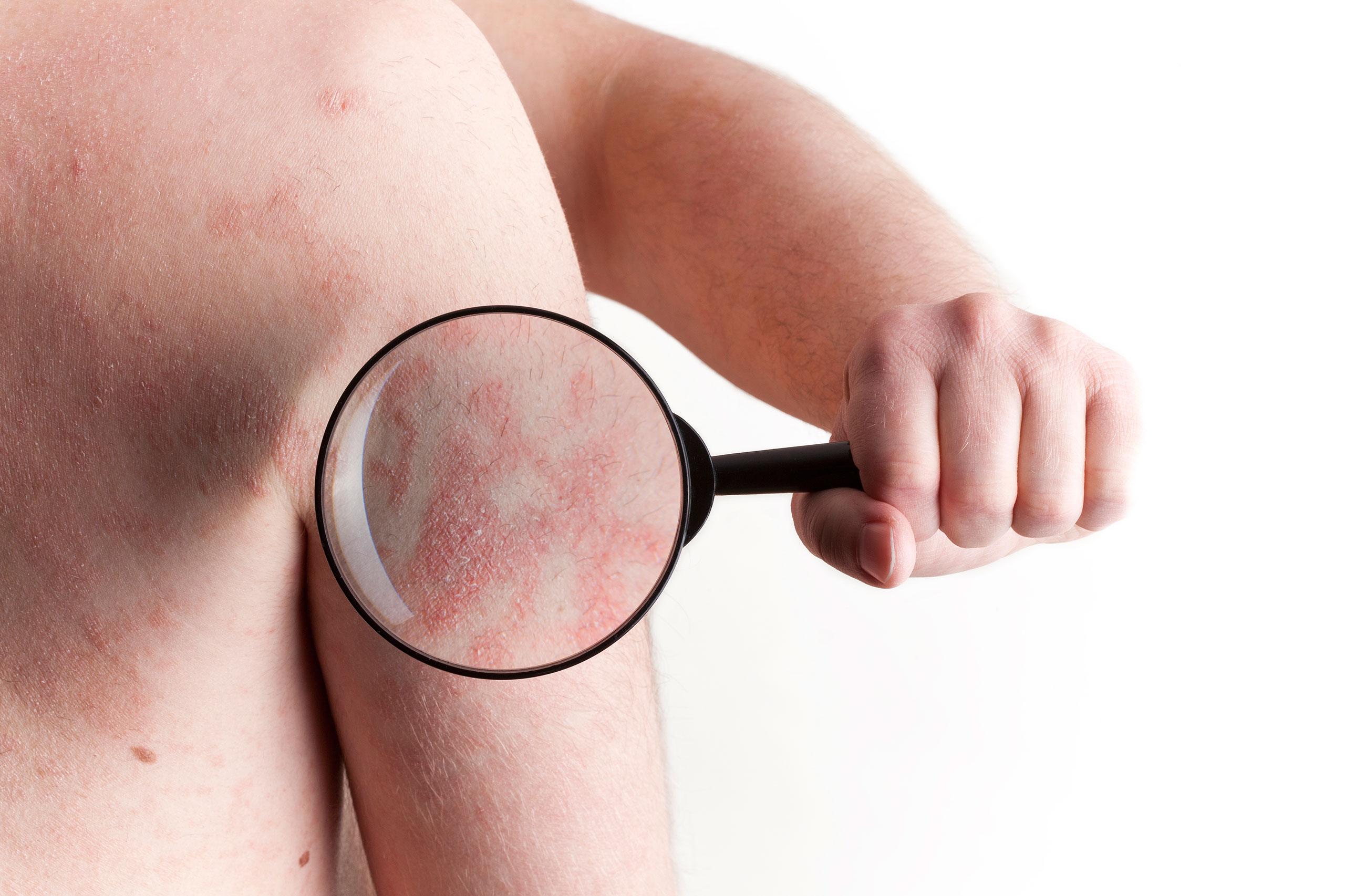
New research has revealed the link between hard water and skin conditions like eczema. Scientists at the University of Sheffield and King’s College London, have proved that hard water damages the skin, raising the risk of infection and potentially contributing to the development of eczema. The study, which we were asked to fund, proves what we’ve known here for years; that when it comes to skin conditions, softened water can make all the difference.
Minerals in hard water (the same culprits behind limescale) were shown to make skin more sensitive to irritation, but when researchers used our twin-tank water softeners in their study they found that softened water could reduce these negative effects. It could even lower the risk of eczema developing in the first place. For people living with chronic skin conditions this research could be a game changer.
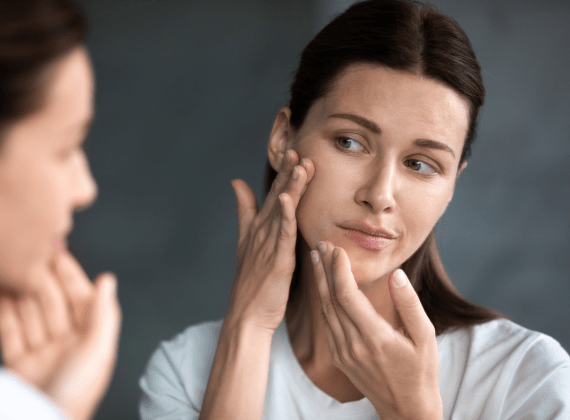
The most notable causes of Eczema are poor diet, lax shower habits, contact with household chemicals, hard water, and even exercise. One in five children are affected by Eczema. Did you know that it can be made worse and even caused by hard water?
Hard water contributes to skin conditions such as eczema. With hard water you have to use more product to get a good lather, which can aggravate and irritate the skin. As well as being abrasive, hard water doesn’t necessarily wash all the residue off. This residue can be left on the skin which can worsen dry skin conditions
From exercising or hot climates
Can be scratchy, irritating
Metals, fragrances & cigarette smoke
Hair dye, nail polish, etc.
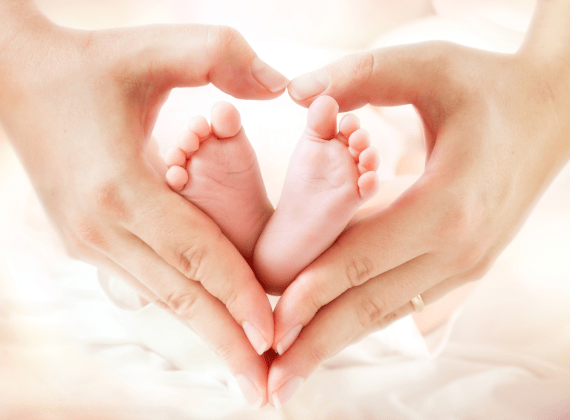
A Harvey™ Water Softener will soften your water and alleviate the effect hard water has on the skin. The water is softened through the mains water supply, meaning your whole home is supplied with softened water. Products will lather better, so you will use fewer products and there will be no residue left on the skin. From your sink to shower, the water you use will be kinder to sensitive skin.
Don’t just take our word for it, we have customers who say a water softener has completely changed their life.
1 in 5 children suffer from eczema.
Do you need a water softener?
If it’s 100ppm or above, you have hard water. A water softener can help you avoid limescale buildup, saving time and money.
* PPM stands for parts per million and indicates the concentration of dissolved limescale minerals like calcium and magnesium in water.
Eczema is very common in children during the first 6 months to 5 years of their lives. The two most recurring subtypes are seborrheic dermatitis which is nicknamed ‘cradle cap’ for infants, and atopic dermatitis.
Eczema can appear on infants most notably on the face and scalp, but also spread to other parts of the body if dry skin occurs. The symptoms include redness and discomfort, but this can be treated with doctor recommended moisturiser or medicine.
For babies, eczema appears most often around the elbows and knees rather than the face, as they begin to rub, scratch, and become more mobile. This atopic dermatitis can more easily become infected, and the symptoms of this include pus-filled bumps or even yellow scabbing.
At this age, eczema can increasingly show up in creases on the elbows and knees, on the wrists and hands, or even around the mouth and eyelids . This is a crucial age to try to recognise environmental triggers and irritants, as ‘lichenification’, or the hardening and thickening of eczema, can occur.
At this stage, eczema is usually only confined to elbow and knee creases or appears on the hands. The majority of people either experienced eczema in this early stage of their life. This period can however indicate whether the child will grow out of their skin condition, or develop atopic dermatitis into adolescence.
My son has been growing out of his eczema, but since we have had our Harvey™ Water Softener it has certainly reduced on his fingers. My wife also suffers with dry skin and has seen an improvement. In fact, she no longer wears rubber gloves when washing up. And my skin is no longer dry
Adrian, Didcot, Oxfordshire.
I have suffered with a skin irritation on my body for some time, which has now disappeared completely since having my water softener installed
Andrew, Margate
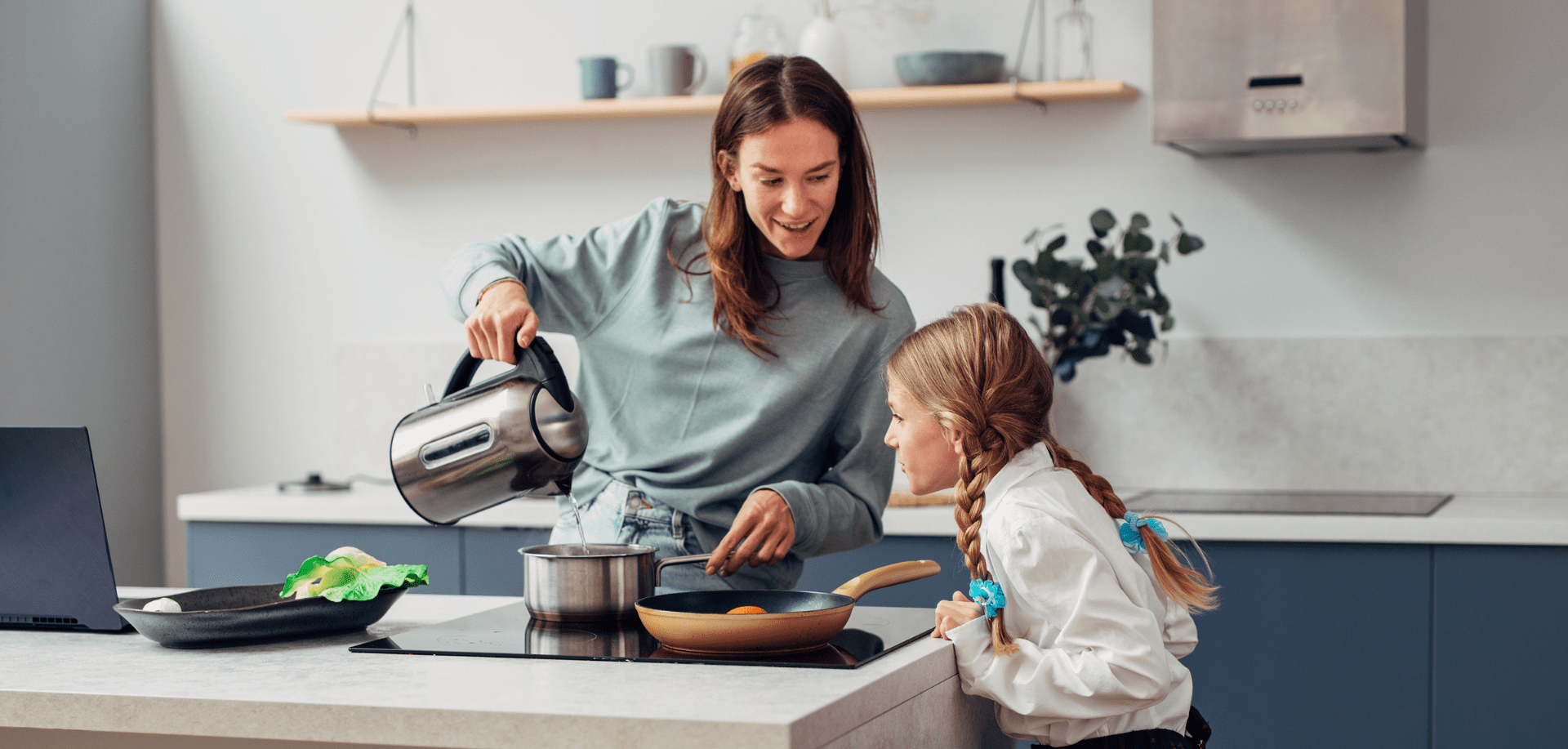
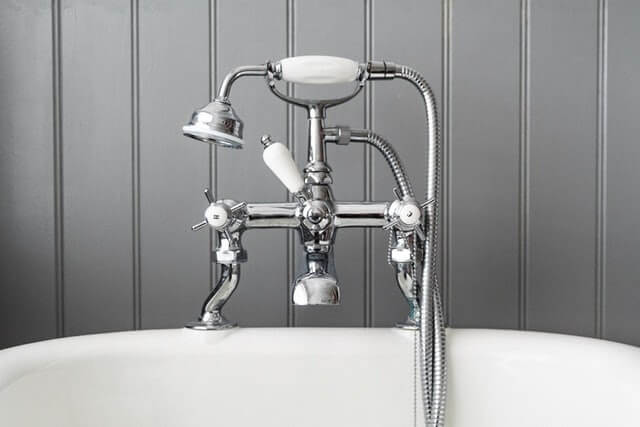
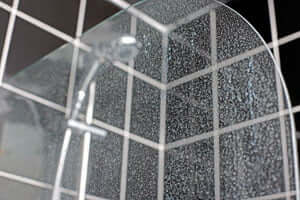
Please fill out this form so that we can contact you about your enquiry. You can also arrange for a free personalised water analysis in your home or through a virtual online demonstration.

